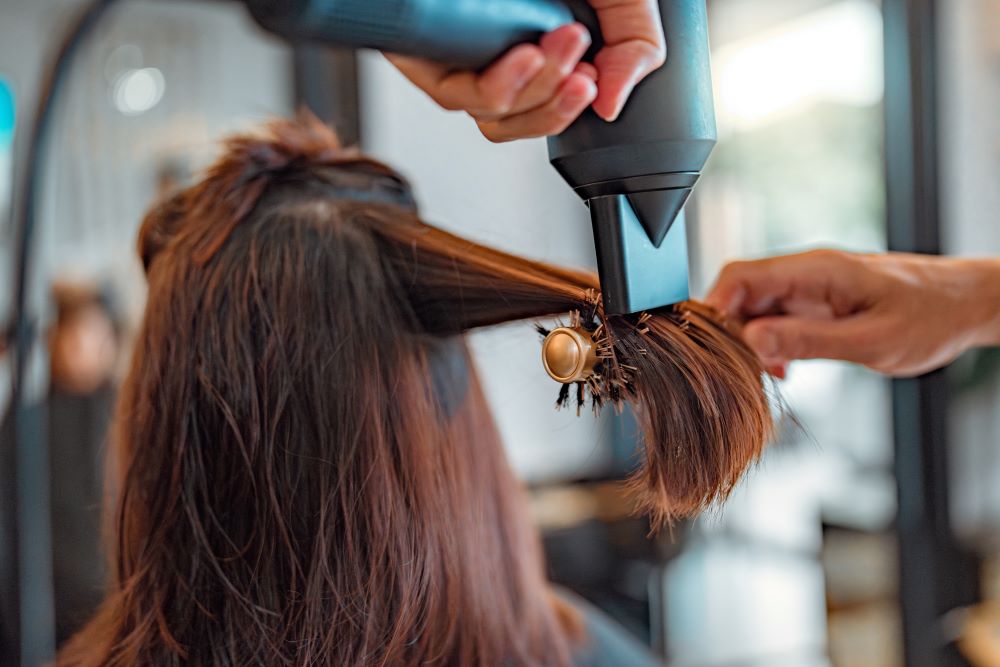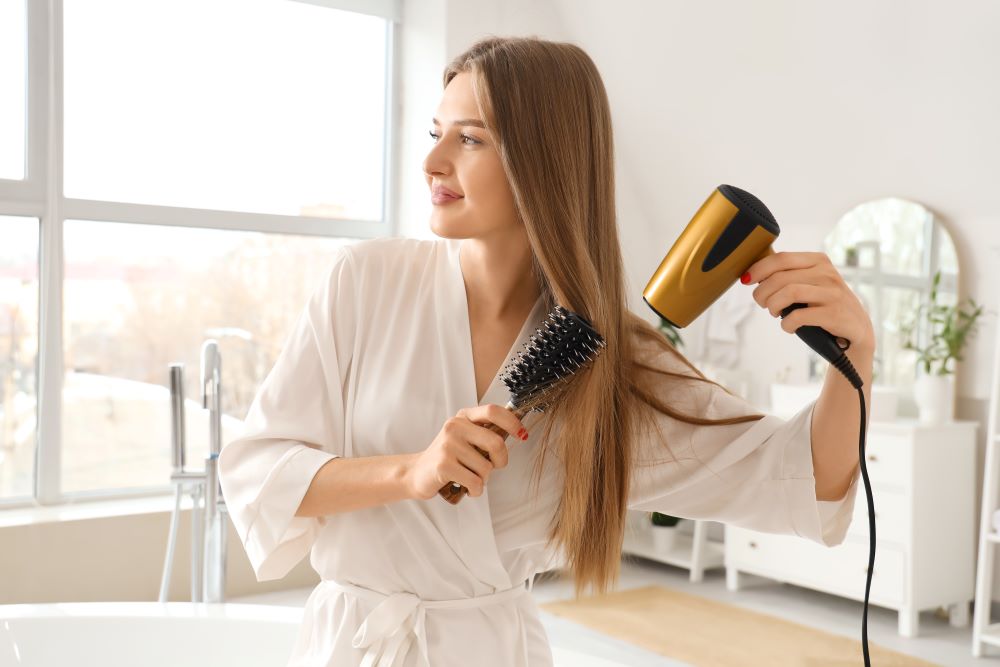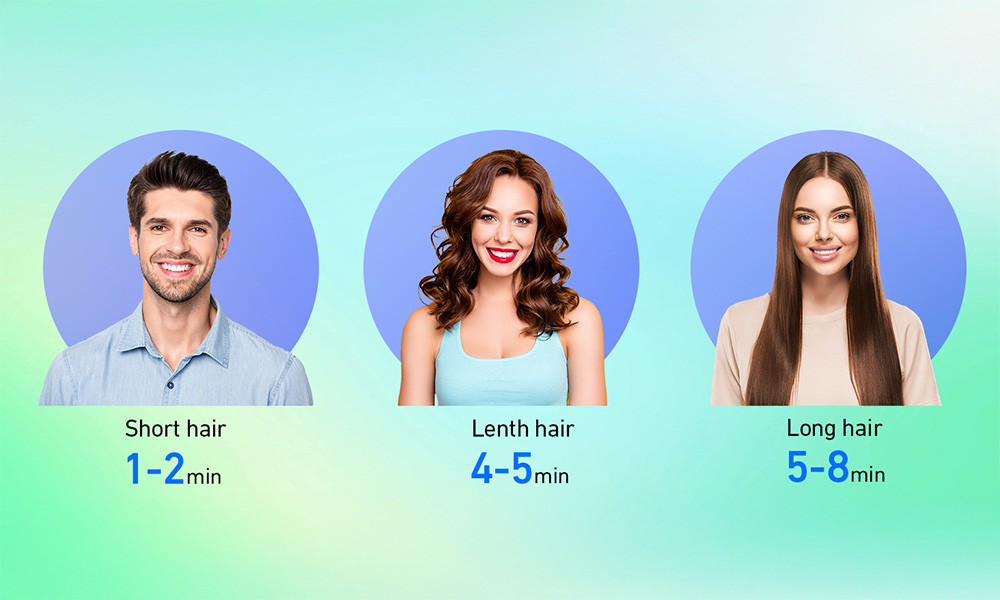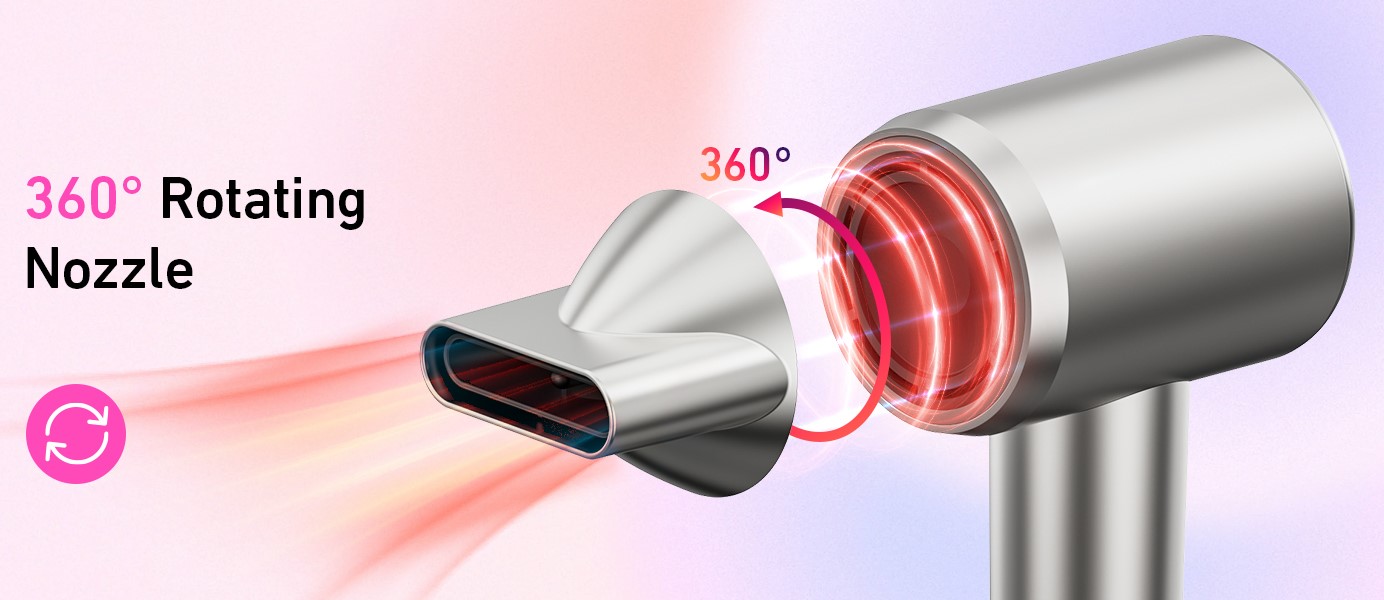
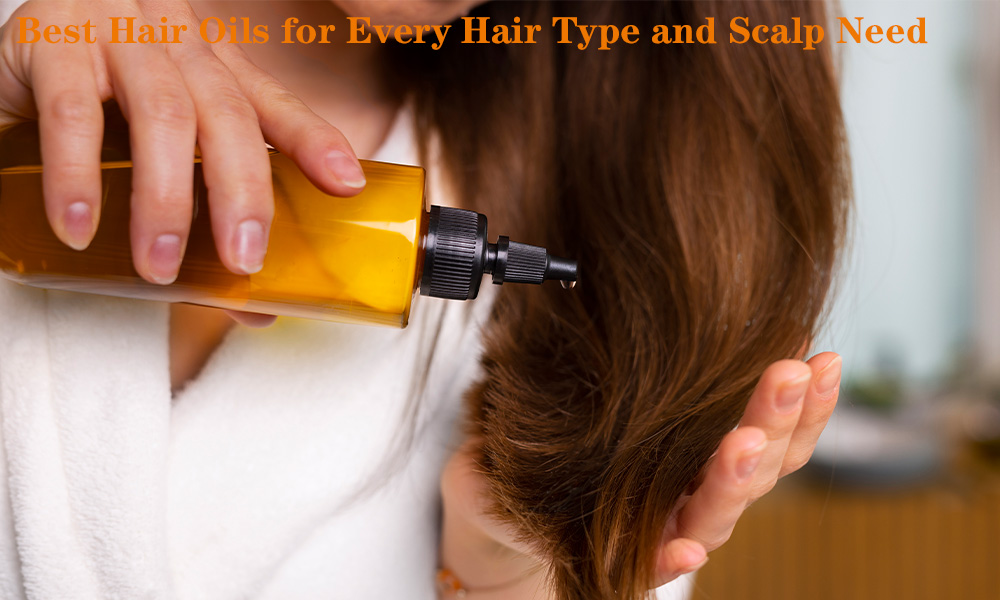
When it comes to maintaining healthy, beautiful hair, choosing the right hair oil for your hair type and scalp condition is crucial. Whether you have dry strands, an oily scalp, or combination hair, the oil you use can make a big difference. In this comprehensive guide, we’ll break down the best hair oils tailored for dry, oily, and combination hair types, as well as curly, straight, fine, and coarse textures. You’ll also learn how to match hair oils to your scalp’s health status, including sensitivity, dandruff, and buildup. Finally, we’ll explore the powerful benefits of Batana oil, a lesser-known yet deeply nourishing natural oil.
Understanding Hair Oil and Its Benefits
Hair oils are not just about shine. They serve multiple purposes:
Moisturizing dry strands
Balancing scalp sebum production
Reducing frizz and breakage
Improving scalp circulation
Enhancing hair strength and elasticity
The key lies in choosing a formula that suits your hair type and condition, not just following trends.
Best Hair Oils for Dry Hair Types
Dry hair often lacks natural moisture and is prone to breakage, frizz, and a dull appearance. Choosing the right hair oil for dry hair can significantly improve softness, manageability, and shine. The best oils deeply penetrate the hair shaft and seal in moisture without leaving residue.
Argan Oil – The “Liquid Gold” for Dry Hair
Rich in vitamin E, essential fatty acids, and antioxidants, argan oil is a top choice for restoring hydration and elasticity to dry strands. It helps reduce frizz and split ends while boosting shine and softness. Lightweight yet deeply nourishing, it’s ideal for both daily use and deep conditioning treatments.
Coconut Oil – Deep Moisture and Protection
Coconut oil is a classic solution for dry hair due to its ability to penetrate the hair shaft and prevent protein loss. Its lauric acid content strengthens brittle strands and protects against environmental damage. For best results, use it as a pre-wash treatment.
Batana Oil – A Hidden Gem for Restoring Dry Hair
Extracted from the American palm tree, batana oil is rich in oleic and linoleic acids. It helps restore natural moisture, repair damage, and promote healthier hair growth. With regular use, batana oil revives dry, lifeless hair and enhances shine without clogging the scalp.
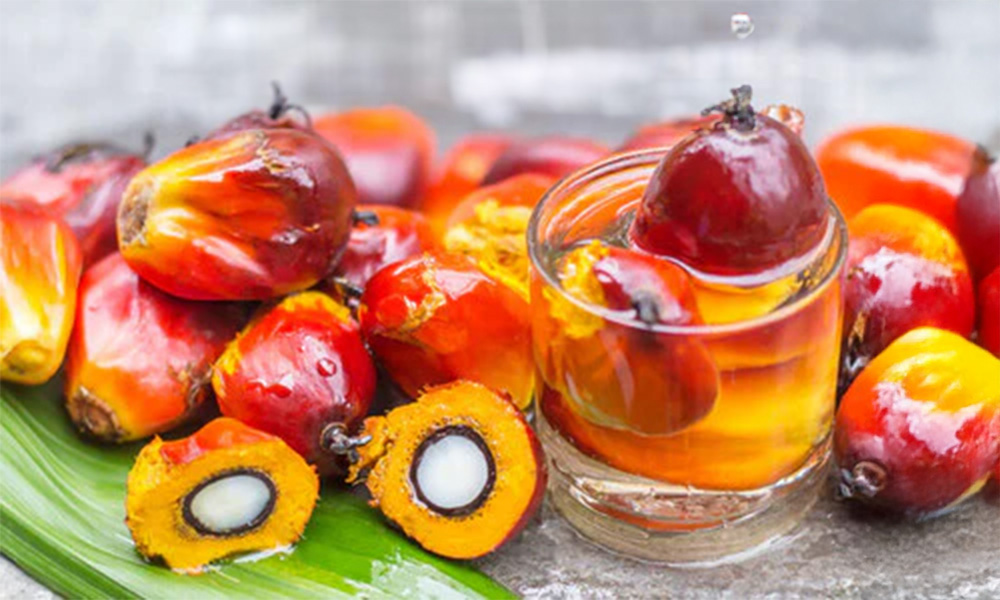
Jojoba Oil – Scalp-Friendly and Hydrating
Closely mimicking the scalp’s natural sebum, jojoba oil is excellent for dry hair and scalp. It balances moisture, relieves dryness, and promotes a healthier scalp environment—ideal for those with flaking or tightness.
For best results, apply your chosen oil to slightly damp hair or use it overnight as a deep-conditioning mask. Look for sulfate-free and alcohol-free formulas to avoid further drying your strands.
Best Hair Oils for Oily Hair Types
Oily hair may seem like it doesn’t need additional oils, but the right lightweight formulations can actually help balance scalp sebum, reduce greasiness, and nourish without clogging pores. The key is to choose non-comedogenic, fast-absorbing oils that won’t weigh hair down.
Jojoba Oil – Nature’s Sebum Regulator
Among the best hair oils for oily hair, jojoba oil stands out due to its similarity to natural scalp oils. It sends signals to your sebaceous glands to reduce oil production, making it ideal for greasy scalps. Lightweight and non-greasy, it hydrates hair while leaving it fresh and clean.
Grapeseed Oil – Lightweight and Clarifying
Grapeseed oil is rich in linoleic acid, which helps control oiliness and prevent scalp buildup. It’s incredibly light and won’t leave hair feeling greasy, making it a top pick for those with excess oil production and fine hair textures.
Rosemary Oil – Scalp-Stimulating and Balancing
Known for stimulating hair growth and improving scalp circulation, rosemary oil also helps regulate sebum levels. When diluted with a carrier oil like grapeseed or jojoba, it can refresh oily hair and reduce itchiness or flaking caused by buildup.
Batana Oil (in Small Amounts) – Nourishment Without Overload
Though rich and moisturizing, batana oil can be used sparingly on oily hair—especially on ends prone to dryness or heat damage. Use only a drop or two to add shine and strengthen hair fibers without disrupting your scalp’s balance.
Apply oils mainly to the ends or use as a weekly treatment. Avoid applying directly to the scalp unless the oil is specifically for sebum regulation.
Best Hair Oils for Combination Hair
Combination hair typically features an oily scalp with dry or damaged ends, making it tricky to treat both concerns simultaneously. The right approach involves using targeted oils that balance oil at the roots while hydrating the mid-lengths and ends.
Jojoba Oil – Scalp Balancer with Lightweight Moisture
Because jojoba oil closely mimics the scalp’s natural oils, it helps regulate sebum production without clogging follicles. It’s ideal for gently moisturizing the scalp and adding a light touch of hydration to dry strands, making it perfect for combination hair types.
Argan Oil – Mid-to-End Nourishment Without Grease
Rich in vitamin E and fatty acids, argan oil offers intense nourishment without heaviness. Apply it to the dry areas—especially the mid-lengths and ends—to restore softness and shine without adding excess weight to the scalp.
Batana Oil – Targeted Repair for Damaged Ends
While batana oil is rich and restorative, it’s best used selectively on the ends of combination hair. It helps repair split ends, strengthen strands, and add gloss without overwhelming the roots. Use it 1–2 times per week as a deep treatment.
Tea Tree Oil (Diluted) – Clarifying for the Scalp
For those struggling with scalp buildup or mild dandruff, diluted tea tree oil can be applied to the roots to purify and refresh without stripping essential moisture. Blend with jojoba or grapeseed oil for best results.
Focus on oil placement—lightweight oils at the roots and richer oils at the ends—to keep combination hair balanced and healthy.
Hair Oil Recommendations by Hair Texture
Different hair textures—from fine and straight to thick and coily—have unique needs when it comes to moisture, definition, and strength. Choosing the right hair oil for your hair texture ensures targeted nourishment and optimal results without weighing down your strands or leaving buildup.
Fine or Thin Hair – Lightweight Oils Only
For fine or thin hair, heavy oils can easily cause limpness or greasiness. Opt for lightweight, fast-absorbing oils like:
Grapeseed oil – Adds shine and moisture without buildup.
Jojoba oil – Mimics natural scalp oils and hydrates without heaviness.
Argan oil – A small amount tames frizz and adds softness without flattening the hair.
Use sparingly and focus on the ends to avoid weighing down the roots.
Thick or Coarse Hair – Deep Moisture and Control
Thicker strands benefit from richer, more penetrating oils that provide long-lasting hydration and manageability:
Coconut oil – Helps reduce protein loss and tame unruly strands.
Batana oil – Excellent for restoring moisture, adding shine, and repairing rough cuticles.
Olive oil – A deeply hydrating oil that helps soften coarse textures.
Apply as a leave-in or deep-conditioning mask to enhance softness and reduce breakage.
Curly and Coily Hair – Definition and Frizz Control
Curly hair textures need moisture retention, frizz control, and curl definition. Best options include:
Castor oil – Thick and ideal for sealing in moisture on tight coils.
Batana oil – Enhances curl pattern and elasticity while nourishing the scalp.
Avocado oil – Rich in nutrients to support growth and softness.
Use the LOC method (Liquid-Oil-Cream) to layer oils effectively for longer-lasting moisture.
Matching the right oil with your hair texture helps maximize shine, reduce frizz, and improve overall hair health. Focus on natural, cold-pressed oils for the best results.
Choosing Hair Oils Based on Scalp Health
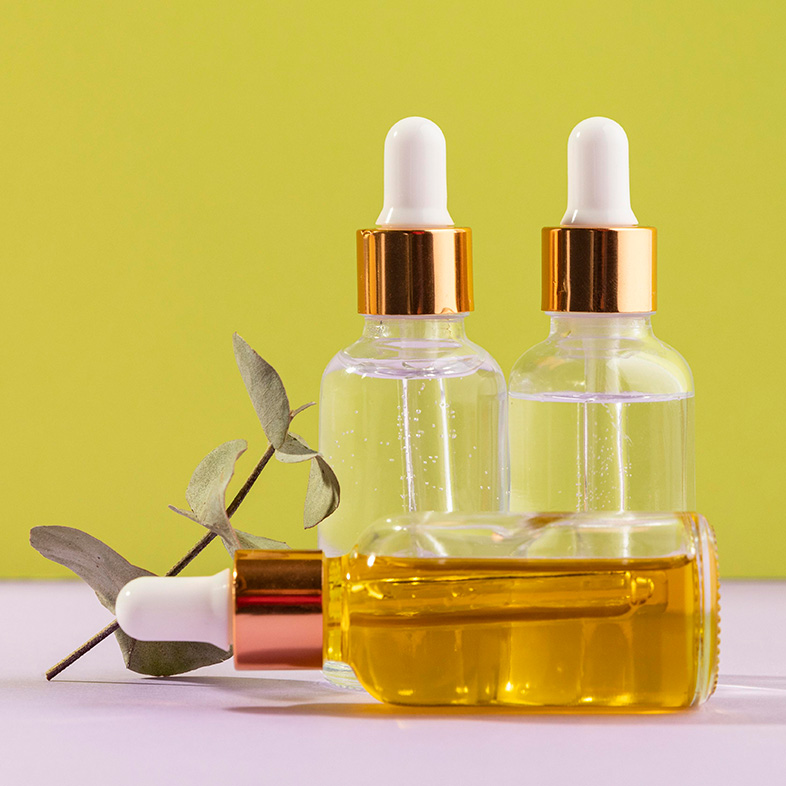
A healthy scalp is the foundation for strong, vibrant hair. Whether your scalp is oily, dry, sensitive, or prone to dandruff, selecting the right hair oil for scalp health can promote better circulation, reduce irritation, and support overall hair growth.
Dry or Flaky Scalp – Deeply Hydrating and Soothing Oils
A dry scalp can cause itchiness, tightness, and flaking. Look for nourishing oils that replenish moisture and calm inflammation:
Jojoba oil – Mimics natural sebum, providing moisture without clogging pores.
Coconut oil – Penetrates deeply to reduce dryness and support scalp health.
Batana oil – Rich in oleic acid and antioxidants, it helps repair and soothe dry, irritated scalps while promoting hair growth.
Massage gently into the scalp 2–3 times per week for best results.
Oily or Acne-Prone Scalp – Balancing and Clarifying Oils
Excess oil production can clog follicles and lead to breakouts or hair thinning. Opt for light, clarifying oils such as:
Tea tree oil (diluted) – Antimicrobial and anti-inflammatory; excellent for controlling oil and buildup.
Grapeseed oil – Regulates sebum and supports a clean scalp environment.
Apply sparingly and avoid heavy oils on the roots.
Sensitive or Itchy Scalp – Gentle and Anti-Inflammatory Oils
For sensitive scalps, choose hypoallergenic oils with soothing properties:
Chamomile-infused oil or sweet almond oil – Both calm redness and relieve itching.
Batana oil, used sparingly, can also support barrier repair and reduce irritation.
Choose non-comedogenic, sulfate-free formulations and perform a patch test before full use to ensure compatibility.
Spotlight on Batana Oil: The Hair Elixir You Need
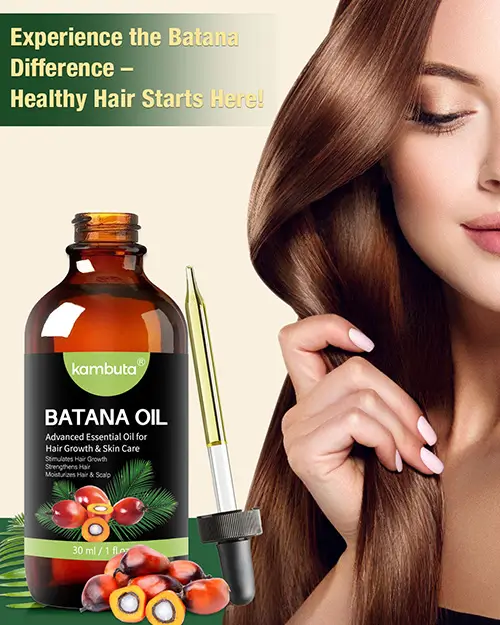
Derived from the American palm tree in Honduras, Batana oil is often called a miracle oil for hair restoration—and for good reason. This rich, amber-hued oil is packed with essential fatty acids, antioxidants, and vitamin E, making it ideal for revitalizing damaged hair, stimulating growth, and enhancing shine.
Batana oil is especially beneficial for dry, coarse, or curly hair types, thanks to its deep-penetrating hydration and ability to repair split ends. It also works wonders for dry or flaky scalps, helping to soothe irritation and support healthy hair growth from the roots.
Unlike many synthetic products, Batana oil is 100% natural and ethically sourced, making it a safe and sustainable choice. Whether you use it as a weekly mask or a spot treatment for brittle ends, this oil delivers visible results for all hair textures.
Add Batana oil to your routine if you’re seeking a natural solution for stronger, shinier, and healthier hair—it truly lives up to its reputation as a hair elixir.
Conclusion: The Right Oil for the Right Hair
Selecting the perfect hair oil isn’t about trend-chasing—it’s about understanding your hair’s unique needs. Whether you need to combat dryness, balance oil production, or soothe a sensitive scalp, there is a solution. And if you haven’t tried Batana oil yet, it might just be the natural miracle your routine is missing.
Popular Post

Ultimate Guide to Using a Hair Dryer with Nozzle for Styling
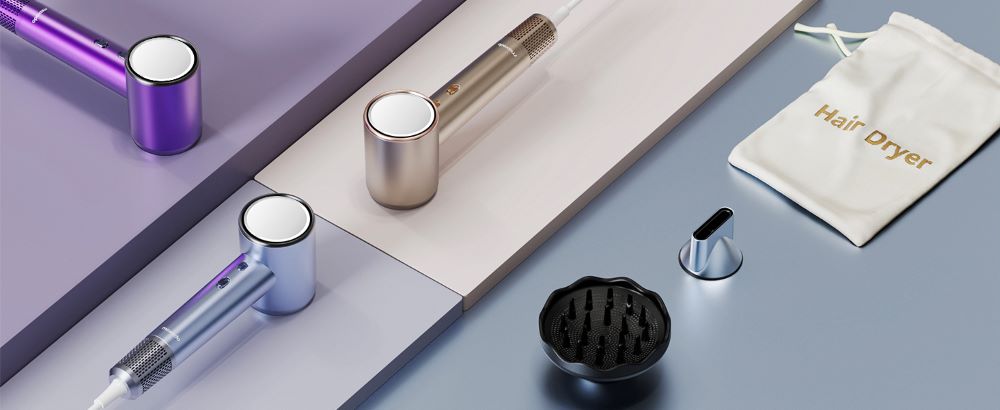
The Benefits of Using a Hair Dryer with a Diffuser
